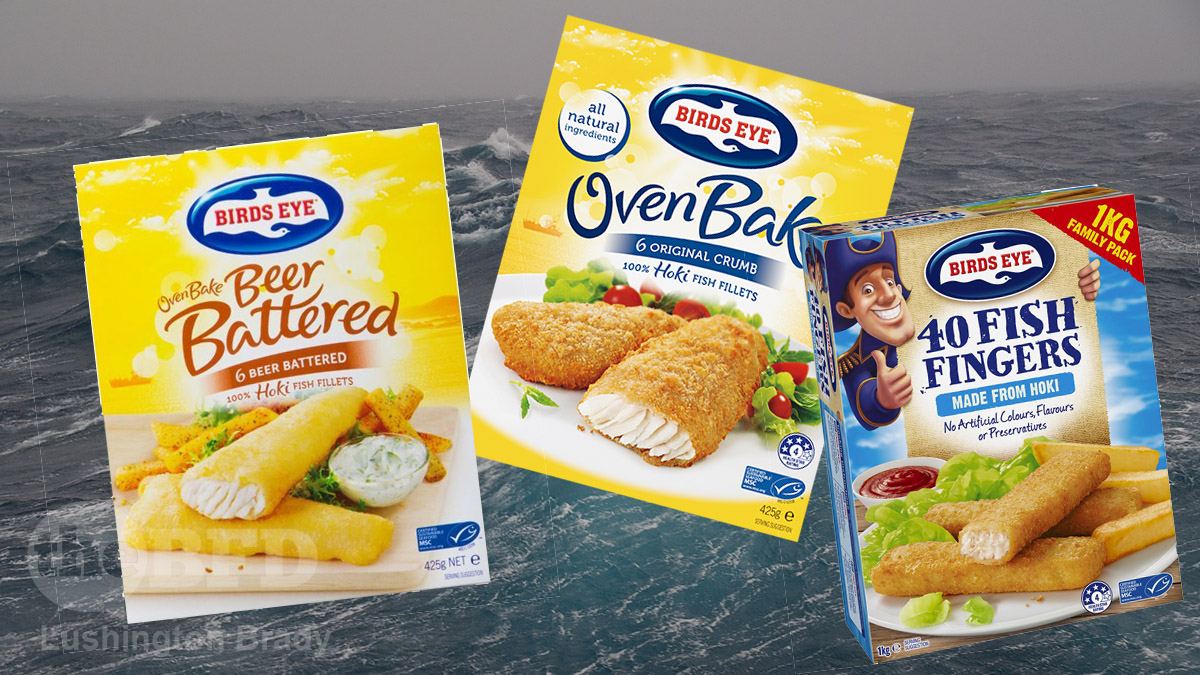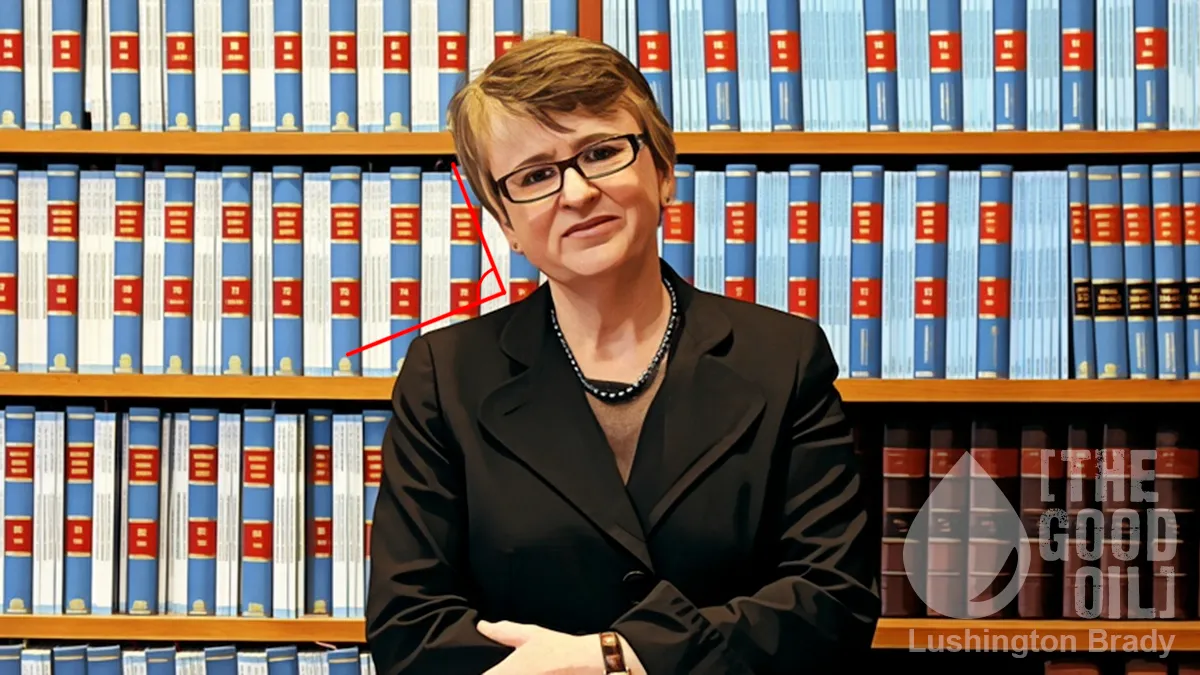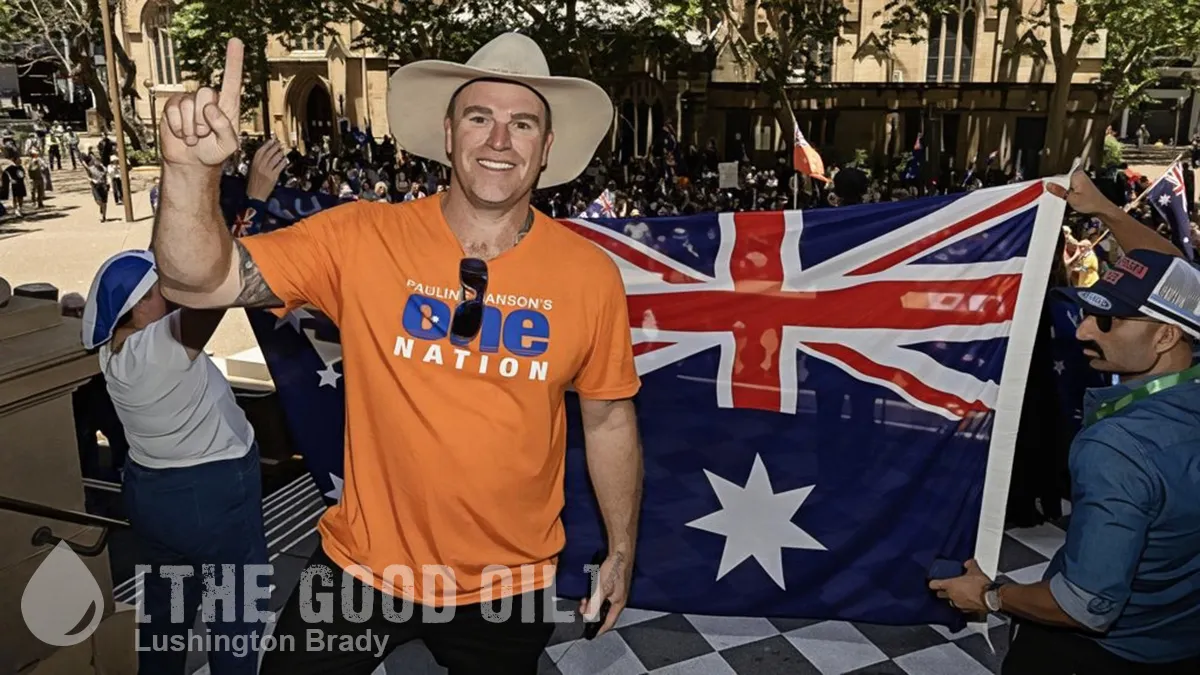Table of Contents
So-called “economic nationalism” – the desire of local consumers to purchase locally made goods and push back against the “offshoring” ways of globalism – has been a bubbling undercurrent in Australian politics for years. The Wuhan plague has brought it to the surface.
Surveys are showing that Australians are keen to ditch “Made in China” in particularly and for “Made in Australia” to mean something. Australian packaging laws have long been criticised for being too opaque, with various “country of origin” regulations progressively enacted. Companies are being held to account.
Dozens of Birds Eye’s crumbed and fried frozen fish products will no longer have the “Made in Australia” label after the consumer watchdog found it was misleading.
Too often, companies have been able to get away with putting “Made in Australia” on products even if they were just packaged in Australia. The ACCC appears to be cracking down.
Simplot Australia, which owns Birds Eye, Neptune, I&J and one home brand product, has changed the origin label on 31 products from “Made in Australia” to “Packed in Australia” after the Australian Competition and Consumer Commission (ACCC) found the crumbing, slicing and par-frying of the frozen fish didn’t satisfy the label.
In order to qualify as having been made in Australia, the food product needs to have been “substantially transformed”, but the ACCC said Simplot’s products did not differ fundamentally from the imported goods.
“Processes that only change the form or appearance of imported ingredients or components no longer qualify as substantial transformation,” ACCC deputy chair Mick Keogh said.
“Country of origin labels are designed to inform consumers, some of whom may be willing to pay a premium for products they think are made in a particular country, especially Australia.”
This ruling may have consequences for New Zealand producers.

Simplot said it arrived at the decision to change the label after consulting with the ACCC, and said the decision to use fish farmed in foreign countries was due to Australia’s topography and relative lack of fish.
“Simplot procures sustainable seafood from the best fishing areas in the world. Then at our Kelso plant, we shape it into uniformed sizes, coat, par fry, freeze and package it ready for distribution to our customers. All of this using Australian labour and operated within the high demands of Australian food safety and quality standards.”
Many of the currently popular products, such as hoki and whiting, are sourced from New Zealand. Probably Australian consumers would certainly prefer New Zealand produce to, say, Chinese. But there is also the risk that Australian “economic nationalism” could hit New Zealand producers, if consumers begin to reject the “Packed in Australia” labelled products on sight.
If you enjoyed this BFD article please consider sharing it with your friends.









